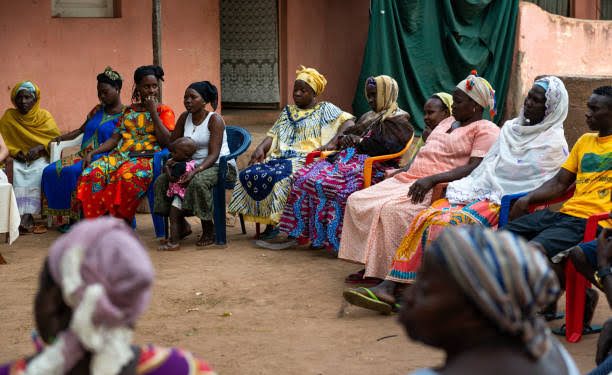Dr. Vickie Uremma, the Executive Director of Child Health Organization, has said women and girls in rural communities experience energy poverty, which pose a significant hindrance to their development and well-being.
Dr. Uremma made this known during a lecture on the Challenges Women in Rural Communities Face in Accessing Energy in Lagos State.
Dr. Uremma explained that “as with many rapidly growing African cities, Lagos, the most populous city in sub-Saharan Africa, is home to a significant number of residents living in slums and informal settlements. Unfortunately, these areas are often overlooked in citywide surveys assessing energy usage and greenhouse gas emissions due to accessibility challenges and lack of familiarity.”
Dr Uremma also noted that one of the most significant challenges faced by women and girls in rural communities is the time spent collecting firewood and water, adding that “research shows that they spend around 20 hours a week on these tasks, often venturing into isolated areas alone and facing the risk of harassment, rape, or kidnapping.
“Additionally, a lesser-known consequence of energy poverty is an increased likelihood of domestic violence for women unable to find sufficient fuel.”
She thereafter emphasized the importance of addressing energy poverty through a “multi-faceted approach involving state governments. Providing increased electricity access through leadership, partnerships, legislation, capacity building, education, and targeted subsidies can have a profound impact on the health and welfare of citizens, especially women and girls who are disproportionately affected by energy poverty.”
To combat energy poverty and reduce greenhouse gas emissions in informal settlements, Dr. Onyekuru recommended strategies such as “government programs to address cost barriers and safety concerns in transitioning to cleaner fuels like LPG, financing schemes that suit the cash flow realities of urban poor households, targeted information campaigns, and initiatives focused on informal settlements in specific Local Government Areas with low LPG penetration.”

